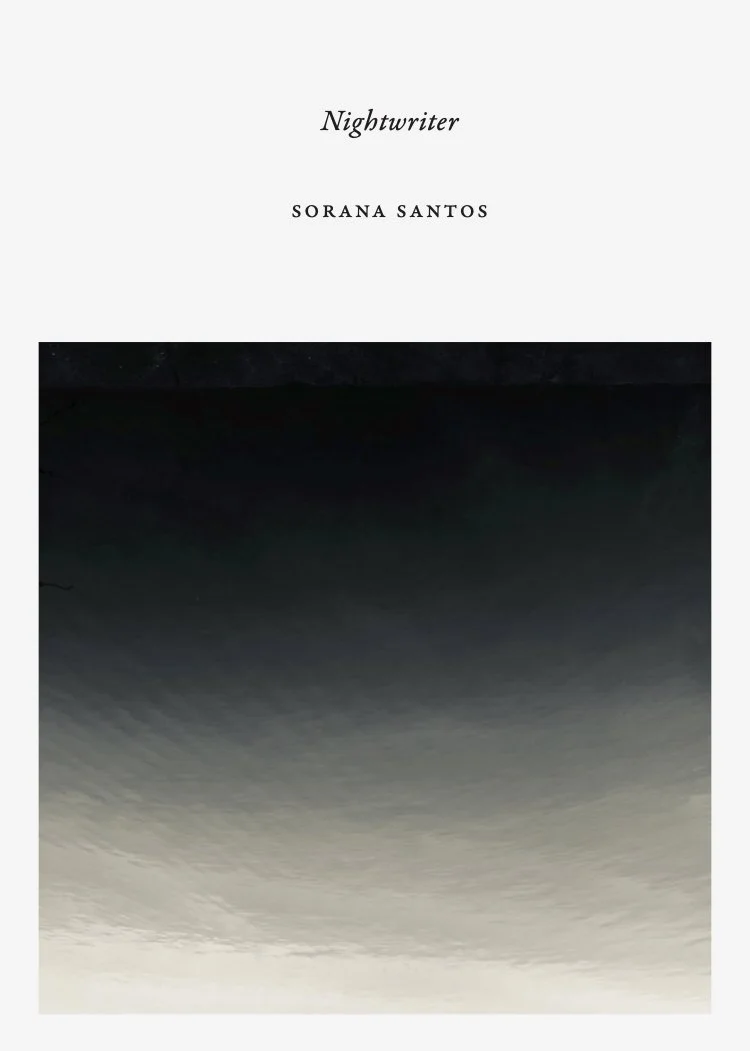PROJECTS
roads to then
Roads to Then is Sorana Santos’s immersive exploration of Joni Mitchell’s Hejira, refracted through her recreation of the 4,200-mile road trip on which the album was largely conceived. Retracing Mitchell’s journey across the United States—including visits to its key landmarks, such as a now-closed Staten Island guitar shop—Sorana also reconstructed other formative events surrounding the work’s creation.
At the heart of the project lies an analysis of the symbology woven through Hejira’s lyrics and music, alongside Sorana’s own performative response: a reimagining for voice and piano presented as a collage of shifting temporalities. Fragments from the Great American Songbook, works by John Adams and John Cage, echoes of 1990s activist movements, and field recordings from her travels intertwine with Mitchell’s material, blurring the boundaries between time, memory, and experience.
Through this talk-performance & its associated literary work, Sorana not only demystifies Mitchell’s metaphysical imagery but also draws out resonant contemporary themes. In particular, she illuminates the parallel experiences of women travelling alone, opening conversations around trauma, addiction, and equality within both the artistic and broader cultural landscape.
This work premiered for Poet in the City’s ‘Rules To Live By at Wilton’s Music Hall’, with additional performances at The Vortex, Oxford Contemporary Music, & Pizza Express Soho.
nightwriter
Nightwriter is a multimedia sonic/literary work reflecting on the nature of “electronic intimacy” and the tension between privacy and connection. It posits voice memos a unique balance: a way of inviting listeners into our world through sketches of musical ideas and nighttime experiments, and incidental environmental sounds, mistakes, and night-time experiments, without relinquishing what must remain private.
The resulting work was created under self-imposed constraints based on the Swansongs challenge to write and record an EP in two weeks: each EP was written, recorded, and designed in 48 hours using only built-in phone apps (later lightly mixed in a DAW). The first two draw on a sequence of photo-poems conceived during the COVID-19 pandemic, while the third revisits Sorana’s earliest poetry submission to Lazy Gramophone Press, under the influence of Impressionism, with the closing piece Alexavier added more recently in response to a student’s creative challenge.
song-poems
Song-Poems was presented at The Vortex (Downstairs) as part of the EFG London Jazz Festival. Scored for a small band, the project marked the culmination of Sorana’s decade-long research into poemas cantadas within Portuguese fado, exploring the interconnectedness of poetry and song. The programme featured original arrangements of texts by e.e. cummings, John Keats, & W. B. Yeats, alongside a selection of Sorana’s own compositions. Interlacing the lyrical traditions of fado with contemporary jazz, the performance traced the musicality of poetic form and its capacity to transform across genres and cultures. Although its first chapter was cut short during the COVID-19 pandemic, the project is expected to continue in future iterations.
our lady of stars / books of hours & changes
Our Lady of Stars is a multimedia project comprising an album, audiobook, and book of poetry and scores, which explores the shared written and aural syntaxes of music and language. Released independently on Sorana’s I Dream Sound imprint in collaboration with Nova/Universal and Lazy Gramophone Press, the work toured nationally with support from Arts Council England and was nominated for a British Composer Award. The album features performances by Joe Wright (saxophone/electronics), Alex Bonney (trumpet/cornet), James Maddren (drums), and The Ligeti Quartet.
Books of Hours and Changes forms the audiobook strand of the British Composer Award–nominated Our Lady of Stars / Books of Hours and Changes. Combining an album with a collection of poetry and scores, the work stages a correspondence between a young woman and a silent counterpart through letters and verse. Employing contemporary compositional structures, it plays with muso-poetic structure and interrogates the boundaries between fate and free will.
swansongs
Swansongs emerged from a challenge to write and record an EP within two weeks using only a single microphone. At the time engaged in dream analysis, Swansongs translated recently interpreted dreams into song, with the artwork itself echoing an analysed dream. Musically, the project marked the beginning of the sonic palette later developed in Our Lady of Stars, while drawing on the blues and soul–inflected topline writing she had been crafting for other artists.
music from the play ‘pawnography’
Pawnography, written and directed by Tracy Keeling during her tenure as Writer-in-Residence at The Rose Theatre, Southbank, premiered in the summer of 2010 and went on to receive the Fringe Award for Best Play. Commissioned to provide music that could be sung by actors, function as incidental scoring, and also exist as a standalone suite, the response is an EP that mirrors the script’s ‘detuned’ quality. Employing out-of-tune keyboard instruments—piano, prepared piano, and harmonium—she created sonic textures that shaped and destabilised the vocal delivery, offering a conceptual parallel to the play’s narrative dissonances.


